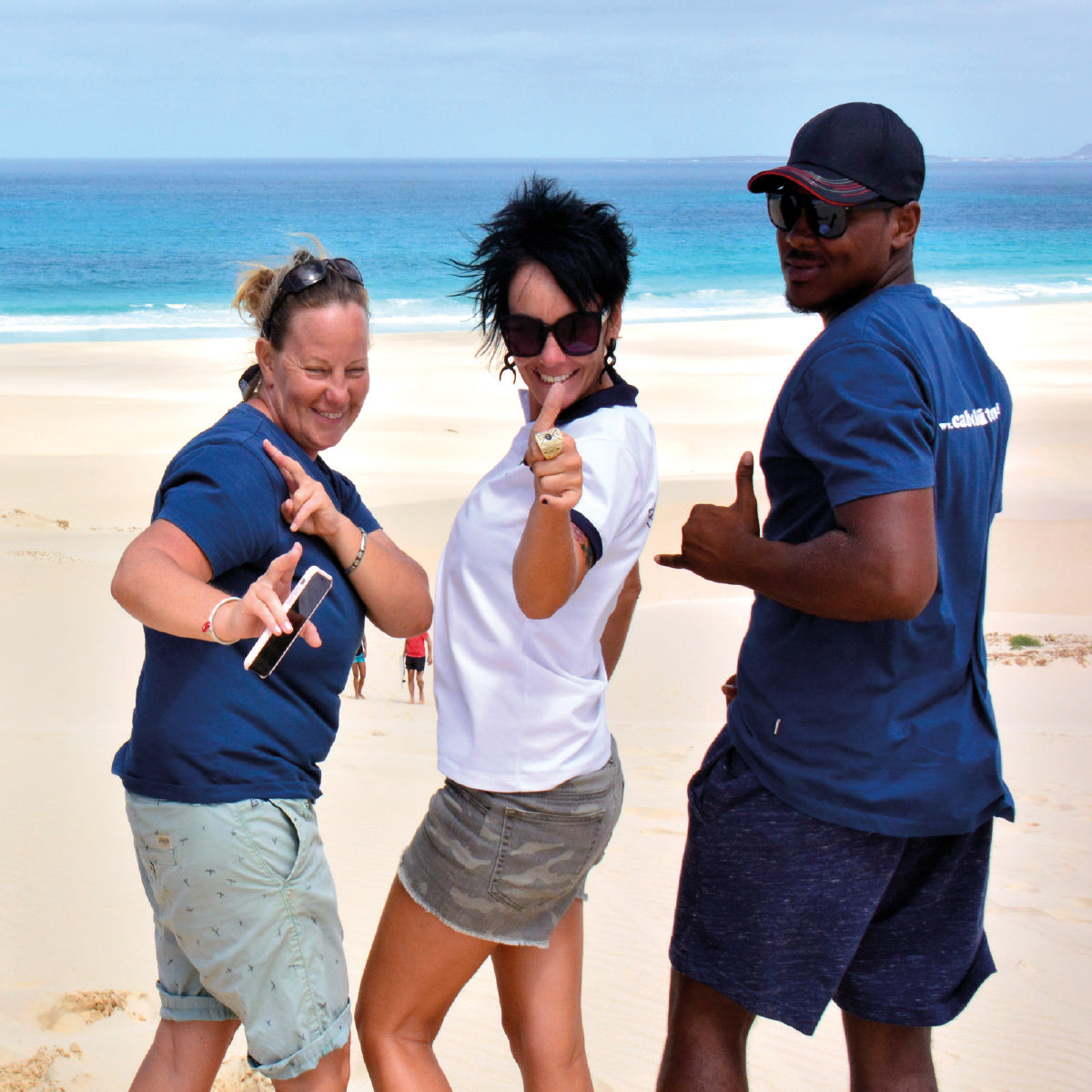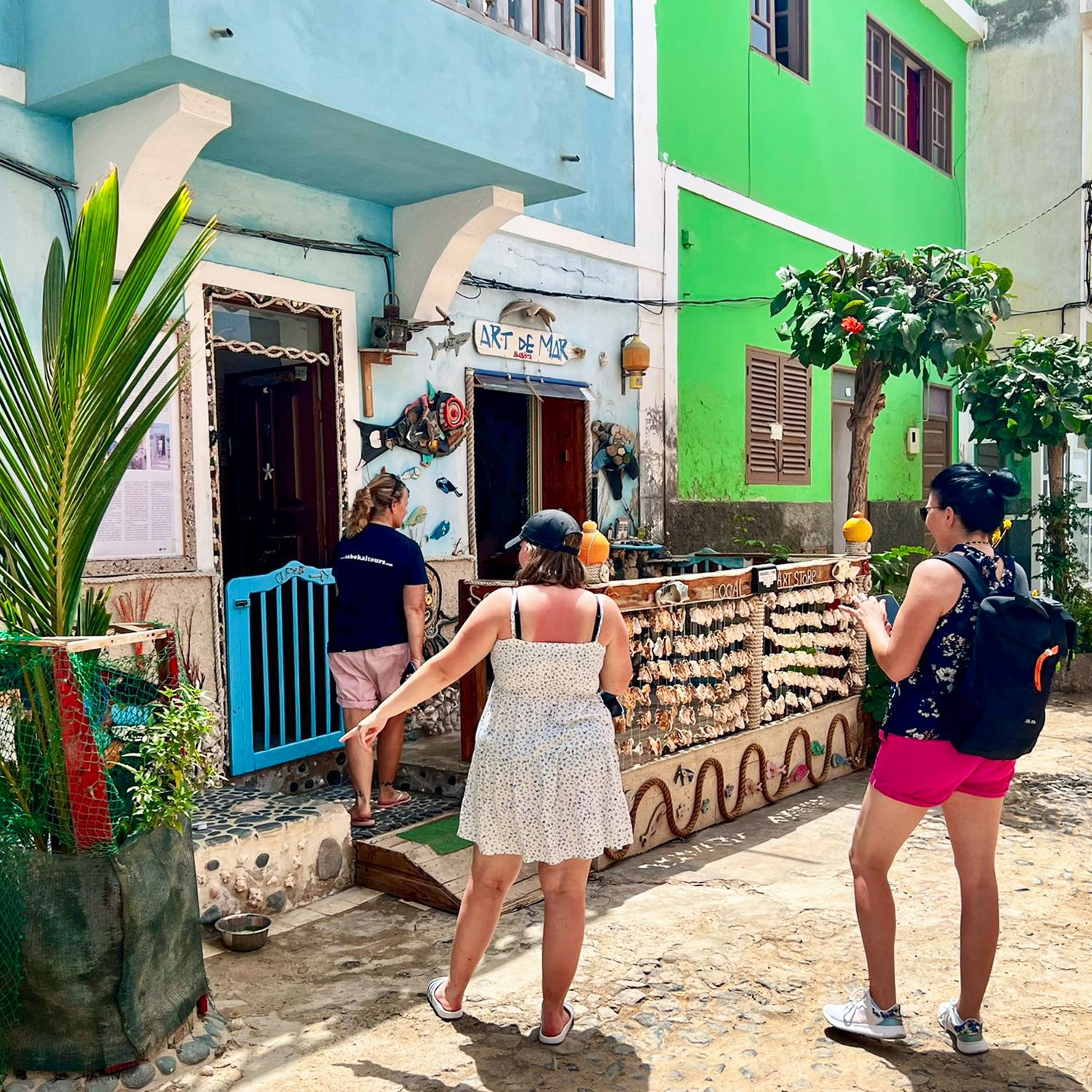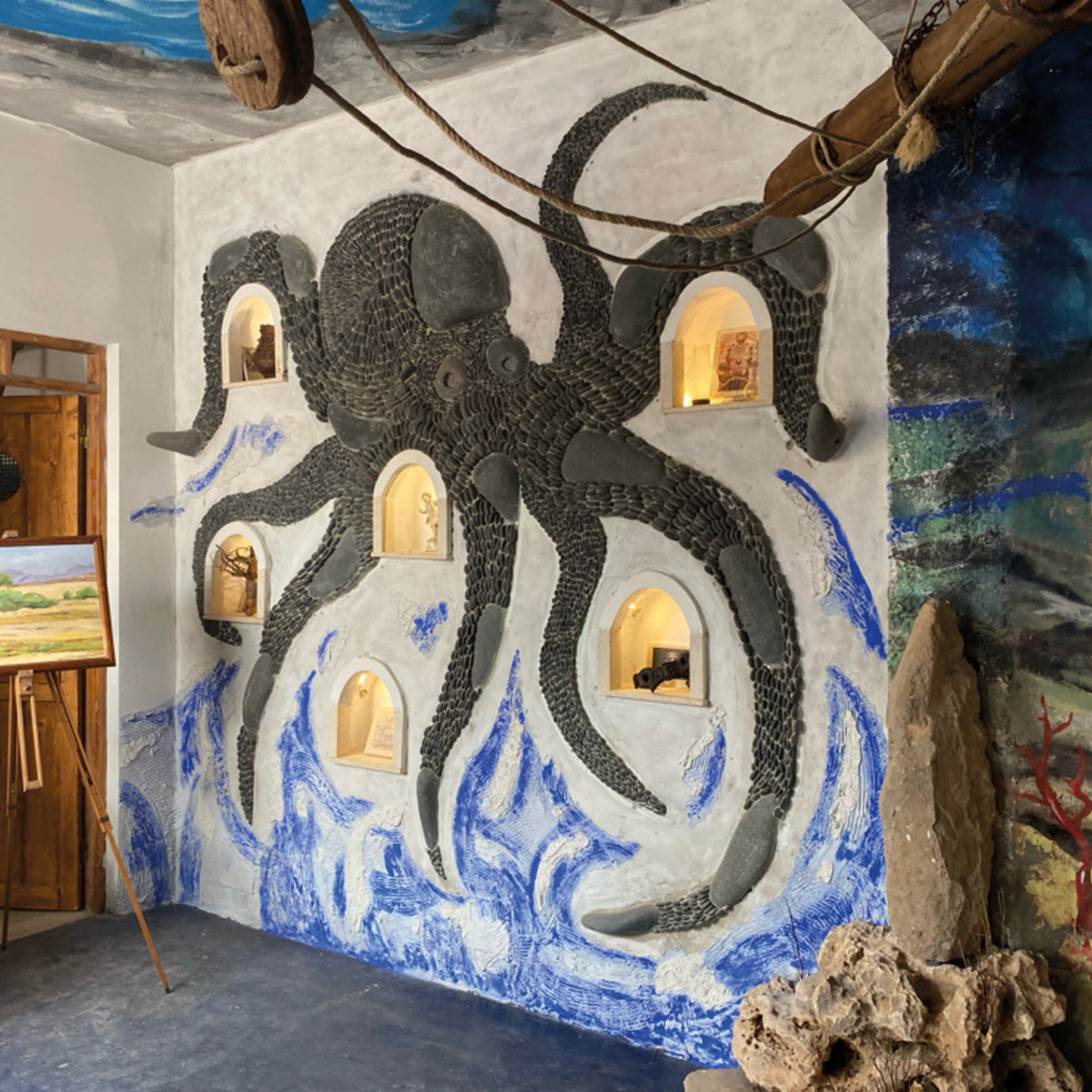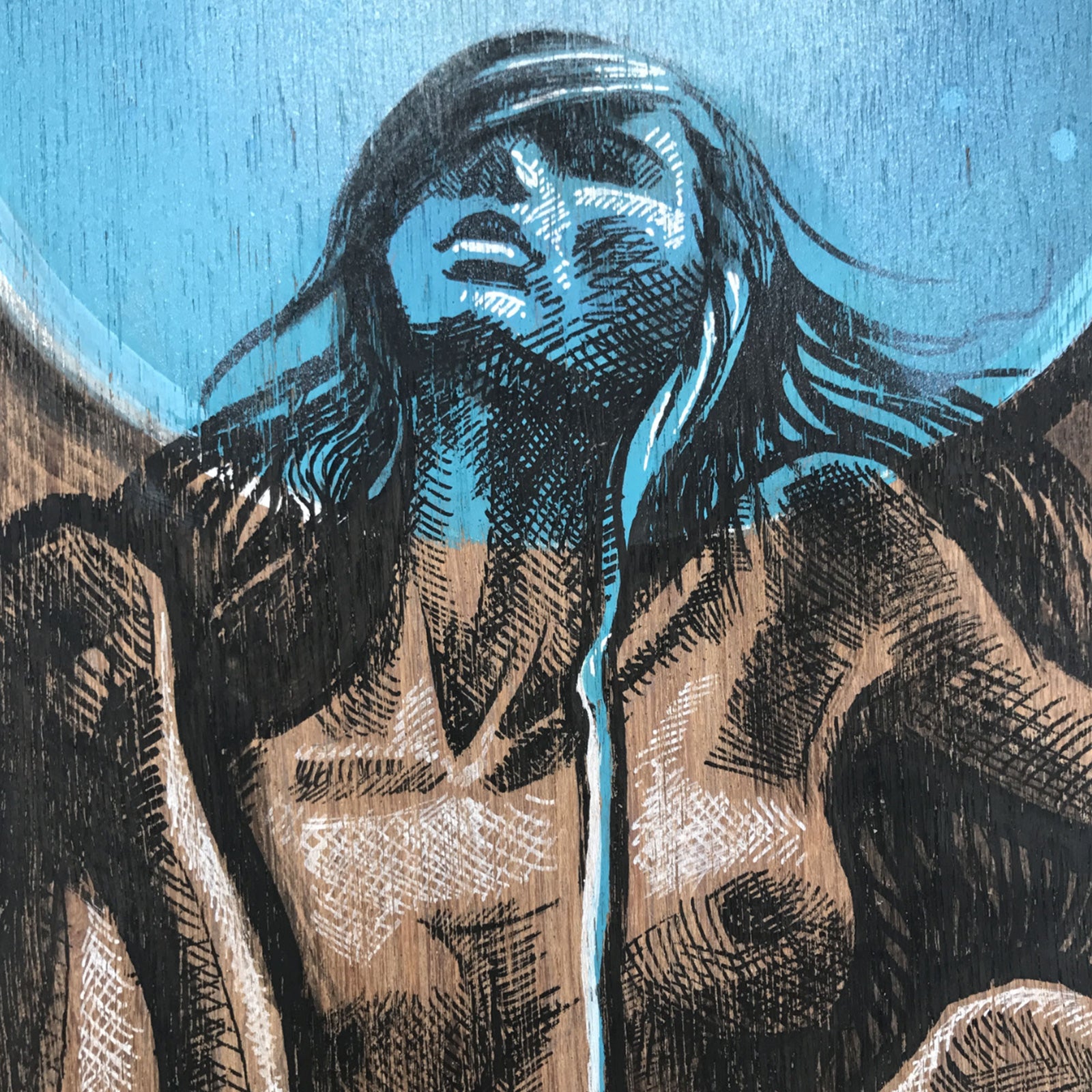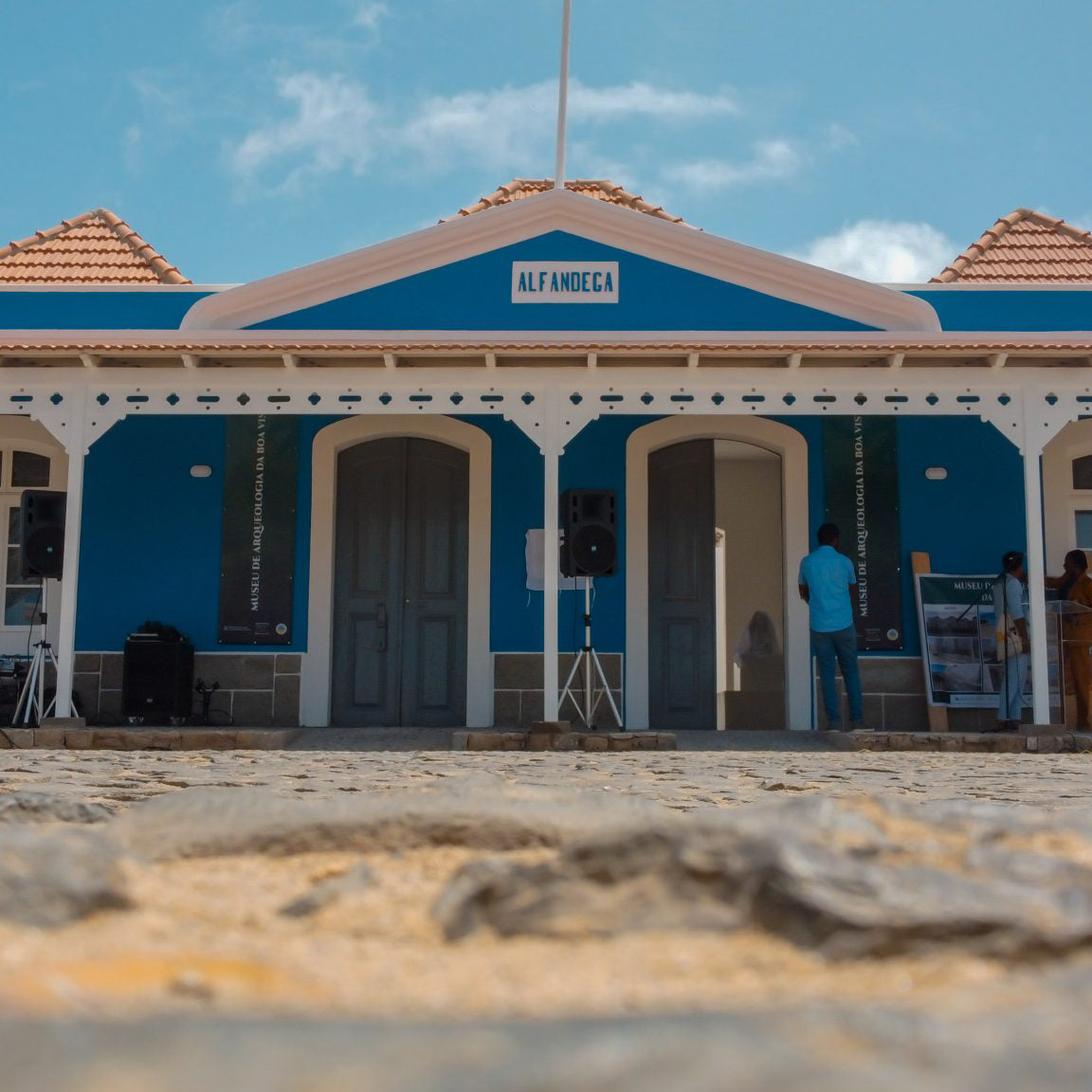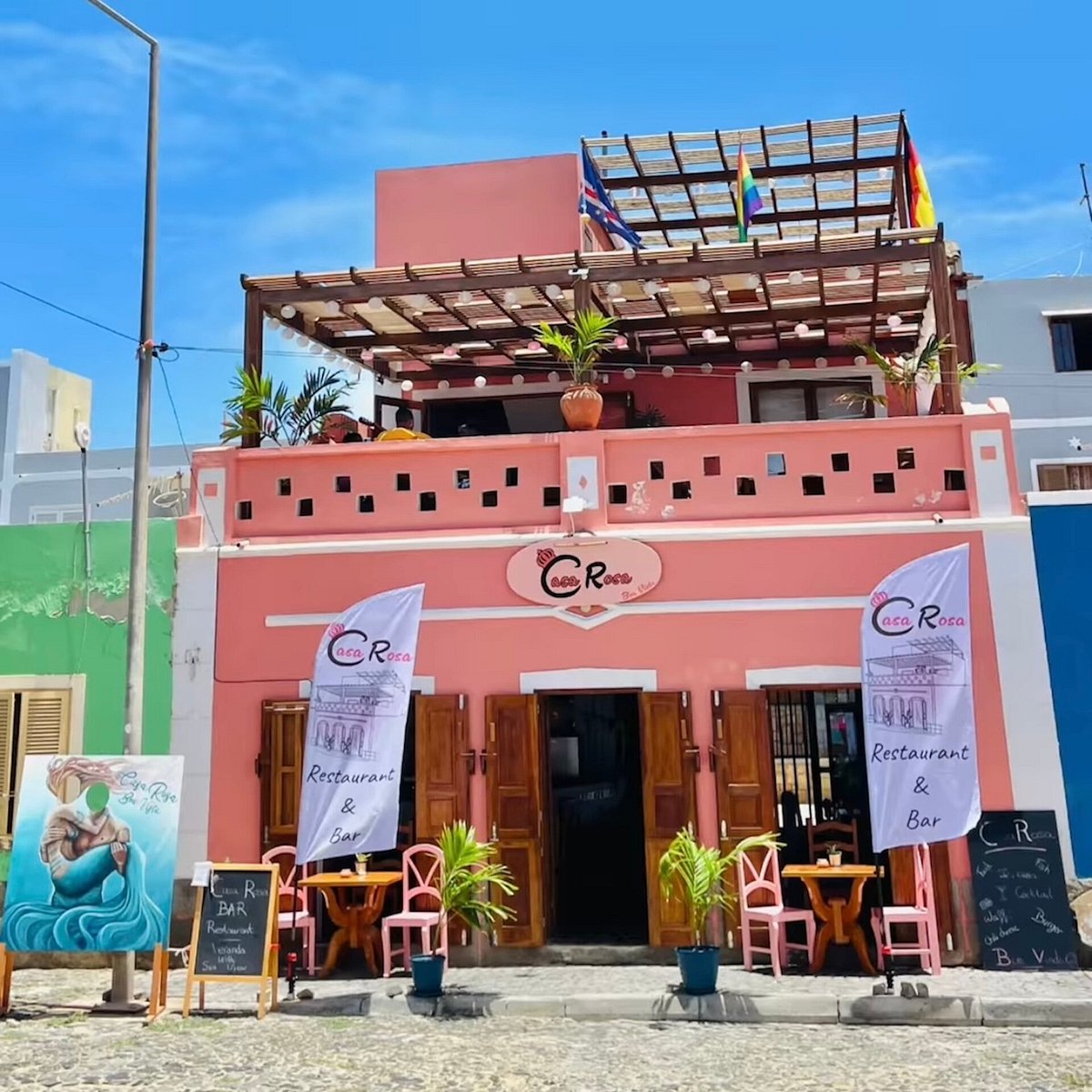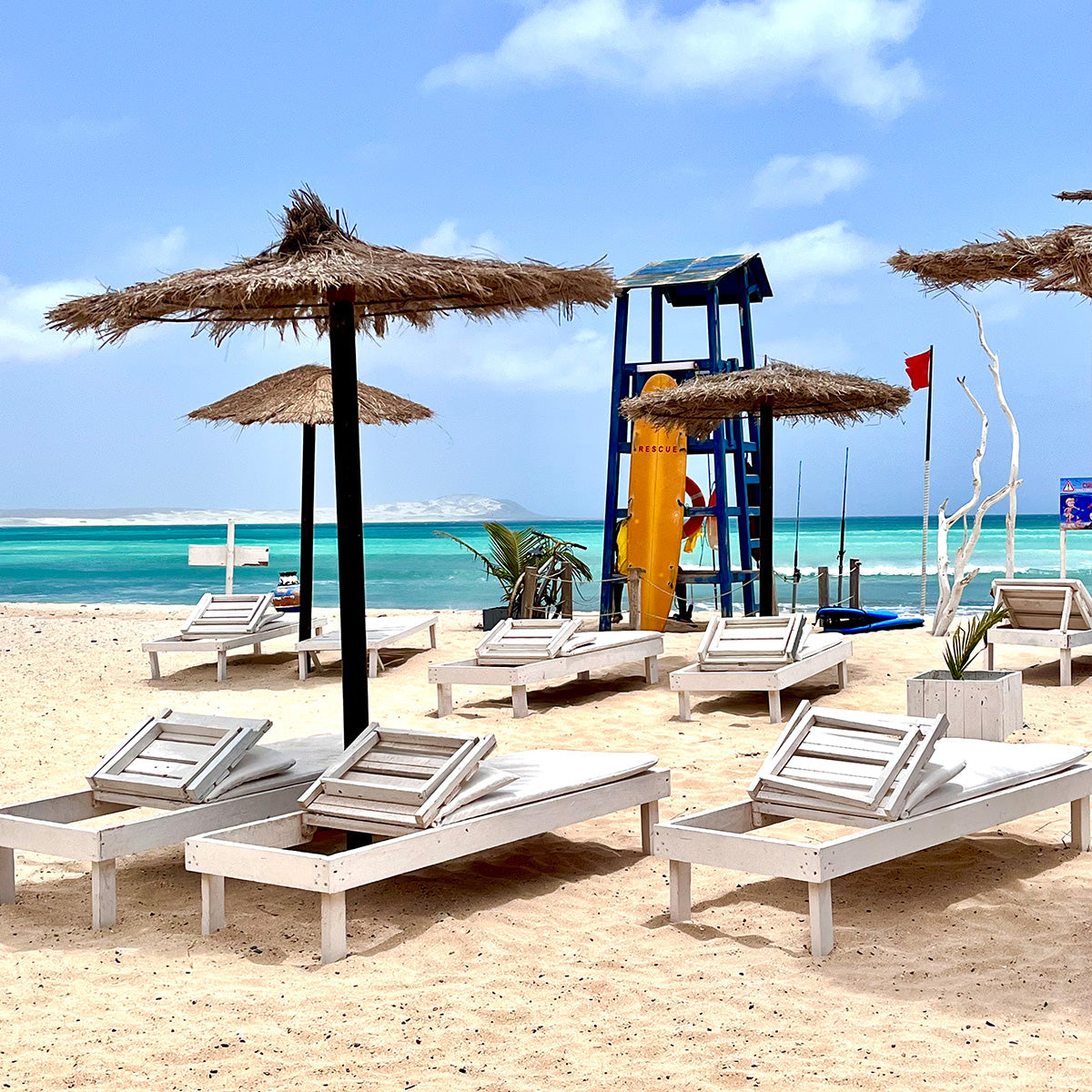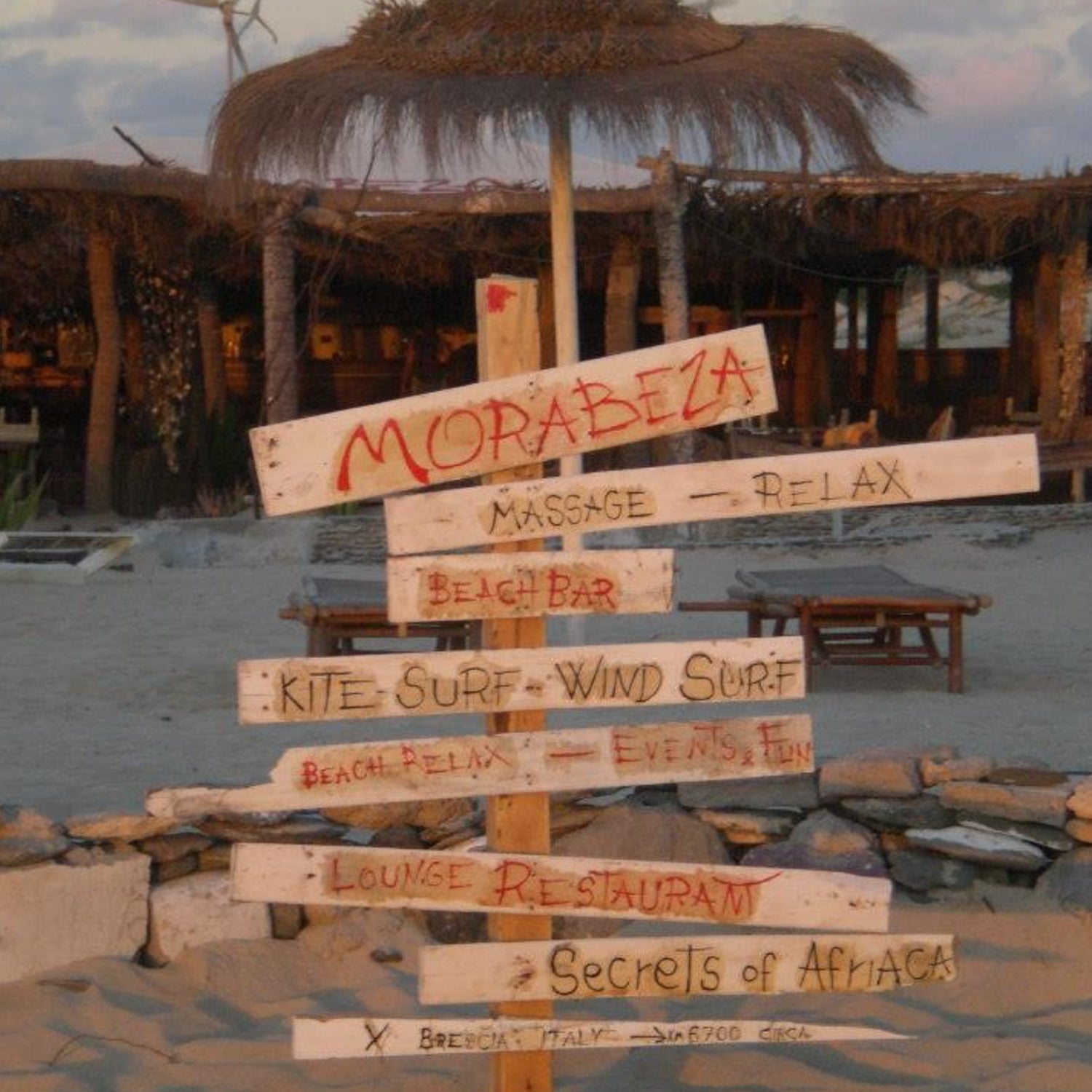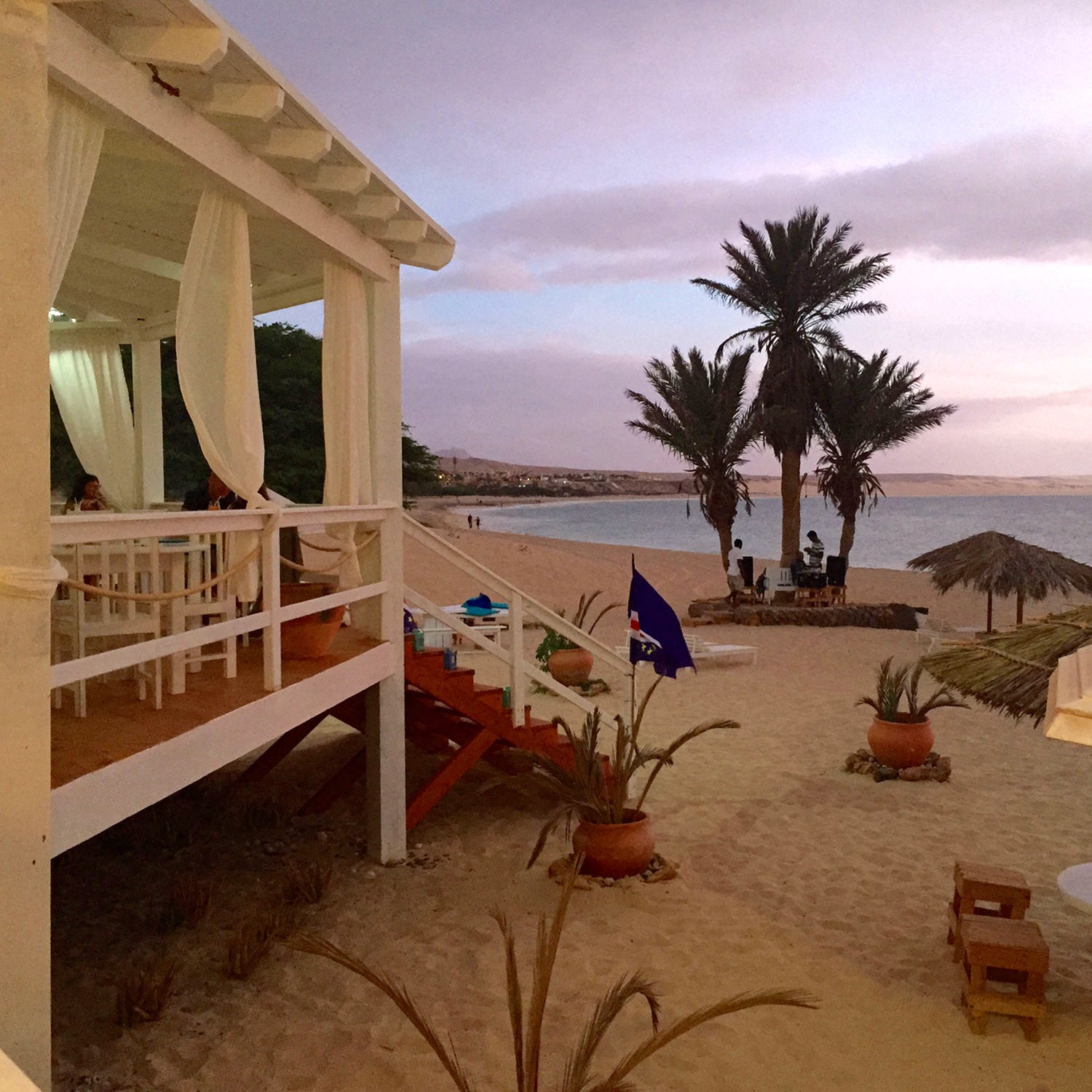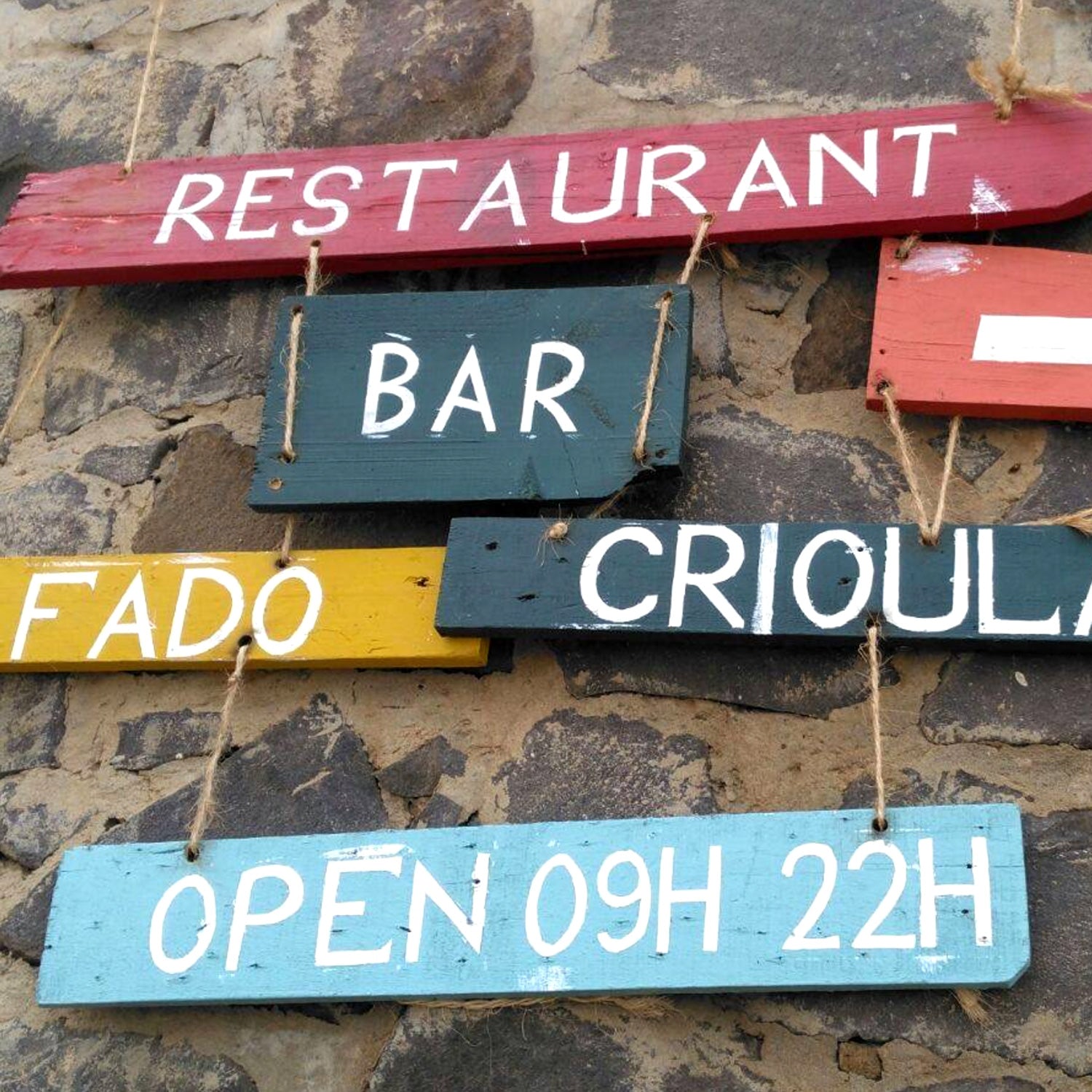Good to know!
Information and recommendations
Fun Facts Boavista
Boavista FAQ
Is Boa Vista dangerous?
I answer this question clearly with NO.
In the past, for example, there have been repeated attacks on the shipwreck at Cabo Santa Maria and it is therefore not advisable to travel there on your own.
In addition, signage is sparse and most of the roads are off-road.
Discover Boa Vista in a relaxed way in a small group with CaboKaiTours. Let yourself be driven comfortably and enjoy the open-top ride in the pick-up. Your own car will be waiting for you in Germany and not in Africa!
Please lock your valuables and money in the hotel safe and only take as much money with you as you need for that day.
In the past, for example, there have been repeated attacks on the shipwreck at Cabo Santa Maria and it is therefore not advisable to travel there on your own.
In addition, signage is sparse and most of the roads are off-road.
Discover Boa Vista in a relaxed way in a small group with CaboKaiTours. Let yourself be driven comfortably and enjoy the open-top ride in the pick-up. Your own car will be waiting for you in Germany and not in Africa!
Please lock your valuables and money in the hotel safe and only take as much money with you as you need for that day.
Sun and more ...
Please protect yourself from strong sunlight and apply sunscreen with a high sun protection factor even in cloudy weather.
The sun is often underestimated and the consequences are often very painful. Please take precautions and avoid getting sunburned!
Sunglasses and a hat are mandatory. I recommend wearing thin, long-sleeved clothing during the tour! When driving a pick-up truck, it is very important to protect yourself from the wind. For example, put a sweater behind your neck!
The sun is often underestimated and the consequences are often very painful. Please take precautions and avoid getting sunburned!
Sunglasses and a hat are mandatory. I recommend wearing thin, long-sleeved clothing during the tour! When driving a pick-up truck, it is very important to protect yourself from the wind. For example, put a sweater behind your neck!
waves
Please do not underestimate the Atlantic. The Atlantic is not the Mediterranean!!
Chaves Bay (RIU Karamboa) is more sheltered than Lacacao Beach (RIU Touareg), but even in Chaves Bay there can be high waves.
Please follow the flag system on the beach, which works like a traffic light:
Red: No, today we're going to the pool!
Yellow: possibly, but please be careful and the pool is preferable!
Green: nothing stands in the way of swimming fun in the Atlantic!
Swimming accidents happen again and again because the waves and currents are underestimated. Please never leave the Atlantic after swimming with your back to the sea! The last wave is often "overlooked" and it sweeps the swimmer away, causing serious fractures of the shoulder, arm, etc.!
My former Tui service team worked with me to deal with the fatal swimming accident in the RIU Touareg in the summer of 2011. We were all incredibly saddened that the guest lost his life due to a complete misjudgment.
Chaves Bay (RIU Karamboa) is more sheltered than Lacacao Beach (RIU Touareg), but even in Chaves Bay there can be high waves.
Please follow the flag system on the beach, which works like a traffic light:
Red: No, today we're going to the pool!
Yellow: possibly, but please be careful and the pool is preferable!
Green: nothing stands in the way of swimming fun in the Atlantic!
Swimming accidents happen again and again because the waves and currents are underestimated. Please never leave the Atlantic after swimming with your back to the sea! The last wave is often "overlooked" and it sweeps the swimmer away, causing serious fractures of the shoulder, arm, etc.!
My former Tui service team worked with me to deal with the fatal swimming accident in the RIU Touareg in the summer of 2011. We were all incredibly saddened that the guest lost his life due to a complete misjudgment.
I would rather sit in the car ..
In general, all participants swap places, meaning that everyone can sit inside and outside. This is a matter of fairness.
As an exception, it is possible to sit inside if you have health problems.
If you have severe back problems, we advise against riding on the benches of the jeeps!
Shocks must not affect the body!
As an exception, it is possible to sit inside if you have health problems.
If you have severe back problems, we advise against riding on the benches of the jeeps!
Shocks must not affect the body!
Fluid intake
On some days, especially in July, August and September, you can't drink as much (water ;o) ...) as you lose through sweating!
Please always take enough water with you on the tours (max 2 bottles!!) and drink it!
Please always take enough water with you on the tours (max 2 bottles!!) and drink it!
Weather on Boavista
I often have guests who wonder why it is windy in January and February and not as hot as expected.
I am giving a rough overview here and of course the weather can change and shift at any time.
The following information:
The temperature on Boa Vista is not constant. There is also a "winter", although we cannot compare it to the European winter. Of course, there are no sub-zero temperatures and the temperature does not fall below 20 degrees.
The year at a glance:
January - March
Pleasant temperature around 20-25 degrees. BUT often very windy and very stormy. Beach walks yes, lying on the beach only possible to a limited extent.
In the months of January and February there may be Bruma seca, i.e. sandstorms from the Sahara. The sky is overcast, visibility is impaired, it appears to be cloudy and therefore it is less sunny.
Bruma seca can occur once (2-3 days) or repeatedly over several days.
In the evening and at night it cools down a bit, which means it is a comfortable temperature for sleeping.
Conclusion: Good for escaping the cold of Germany, but you have to be able to live with the wind!
April June
Temperature rising slightly. The wind is slowly dying down.
July - October
It is very hot - temperatures over 30 degrees are quite conceivable.
It may rain in August/September. It is dry and hot with a pleasant breeze. It doesn't cool down much at night. The Atlantic is warm and the weather is perfect for a beach holiday.
November
It can still be almost as hot as in the "summer months", but the temperature is slowly falling.
December
The wind slowly increases and the temperature drops. There can still be hot days and there is usually nothing to stop you from taking a swim in the Atlantic.
Christmas in the warmth and certainly without snow!
I am giving a rough overview here and of course the weather can change and shift at any time.
The following information:
The temperature on Boa Vista is not constant. There is also a "winter", although we cannot compare it to the European winter. Of course, there are no sub-zero temperatures and the temperature does not fall below 20 degrees.
The year at a glance:
January - March
Pleasant temperature around 20-25 degrees. BUT often very windy and very stormy. Beach walks yes, lying on the beach only possible to a limited extent.
In the months of January and February there may be Bruma seca, i.e. sandstorms from the Sahara. The sky is overcast, visibility is impaired, it appears to be cloudy and therefore it is less sunny.
Bruma seca can occur once (2-3 days) or repeatedly over several days.
In the evening and at night it cools down a bit, which means it is a comfortable temperature for sleeping.
Conclusion: Good for escaping the cold of Germany, but you have to be able to live with the wind!
April June
Temperature rising slightly. The wind is slowly dying down.
July - October
It is very hot - temperatures over 30 degrees are quite conceivable.
It may rain in August/September. It is dry and hot with a pleasant breeze. It doesn't cool down much at night. The Atlantic is warm and the weather is perfect for a beach holiday.
November
It can still be almost as hot as in the "summer months", but the temperature is slowly falling.
December
The wind slowly increases and the temperature drops. There can still be hot days and there is usually nothing to stop you from taking a swim in the Atlantic.
Christmas in the warmth and certainly without snow!
Rain?
Yes, it does exist here! There are very few rainy days, but when it rains, the world almost comes to an end! This phenomenon usually occurs in August or September. The dry earth cannot contain the masses of water and large-scale flooding occurs. Roads are often impassable and a safe tour is not possible under these conditions. Please understand that in such an eventuality, a tour will have to be cancelled. Safety comes first!
What do I take with me?
Always drink enough!
It is also important to wear a hat - especially in the hot months of July, August and September.
A thin sweater or jacket and something to protect your neck, because the wind blows in the back of the pick-up!
Dustproof clothing, as we mostly drive on sandy tracks!
And most importantly: your camera!!
It is also important to wear a hat - especially in the hot months of July, August and September.
A thin sweater or jacket and something to protect your neck, because the wind blows in the back of the pick-up!
Dustproof clothing, as we mostly drive on sandy tracks!
And most importantly: your camera!!
Children begging for money - or can I help?
Please do not give children money. It is counterproductive and does not help anyone in the long run. Small things like pens and games are welcome.
For example, you can bring school supplies from Germany at any time and directly support the children's aid project "Boa Esperança" in the Barracas.
On the tours I try to give children school supplies, used children's clothing, etc. directly. Every tour is different! Often we meet a lot of children and sometimes only a few. This is a good thing.
The well-being of the children should be the priority and not the satisfaction of the desire to see the children smile....
Bringing some used children's clothing, well-preserved sports shoes, etc. is of course welcome!
For example, you can bring school supplies from Germany at any time and directly support the children's aid project "Boa Esperança" in the Barracas.
On the tours I try to give children school supplies, used children's clothing, etc. directly. Every tour is different! Often we meet a lot of children and sometimes only a few. This is a good thing.
The well-being of the children should be the priority and not the satisfaction of the desire to see the children smile....
Bringing some used children's clothing, well-preserved sports shoes, etc. is of course welcome!
Species protection - Can I take mussels with me?
Take a look at the German customs website!
In principle, it is not forbidden to take mussels with you. According to German customs, each person is allowed to take three sea snails for personal use.
We find the fencing snails on the east tour and so far I have not heard from any former guest about problems with the sea snails when entering the country.
http://www.artenschutz-online.de/artenschutz_im_urlaub/artenuebersicht.php?land=CV
In principle, it is not forbidden to take mussels with you. According to German customs, each person is allowed to take three sea snails for personal use.
We find the fencing snails on the east tour and so far I have not heard from any former guest about problems with the sea snails when entering the country.
http://www.artenschutz-online.de/artenschutz_im_urlaub/artenuebersicht.php?land=CV

